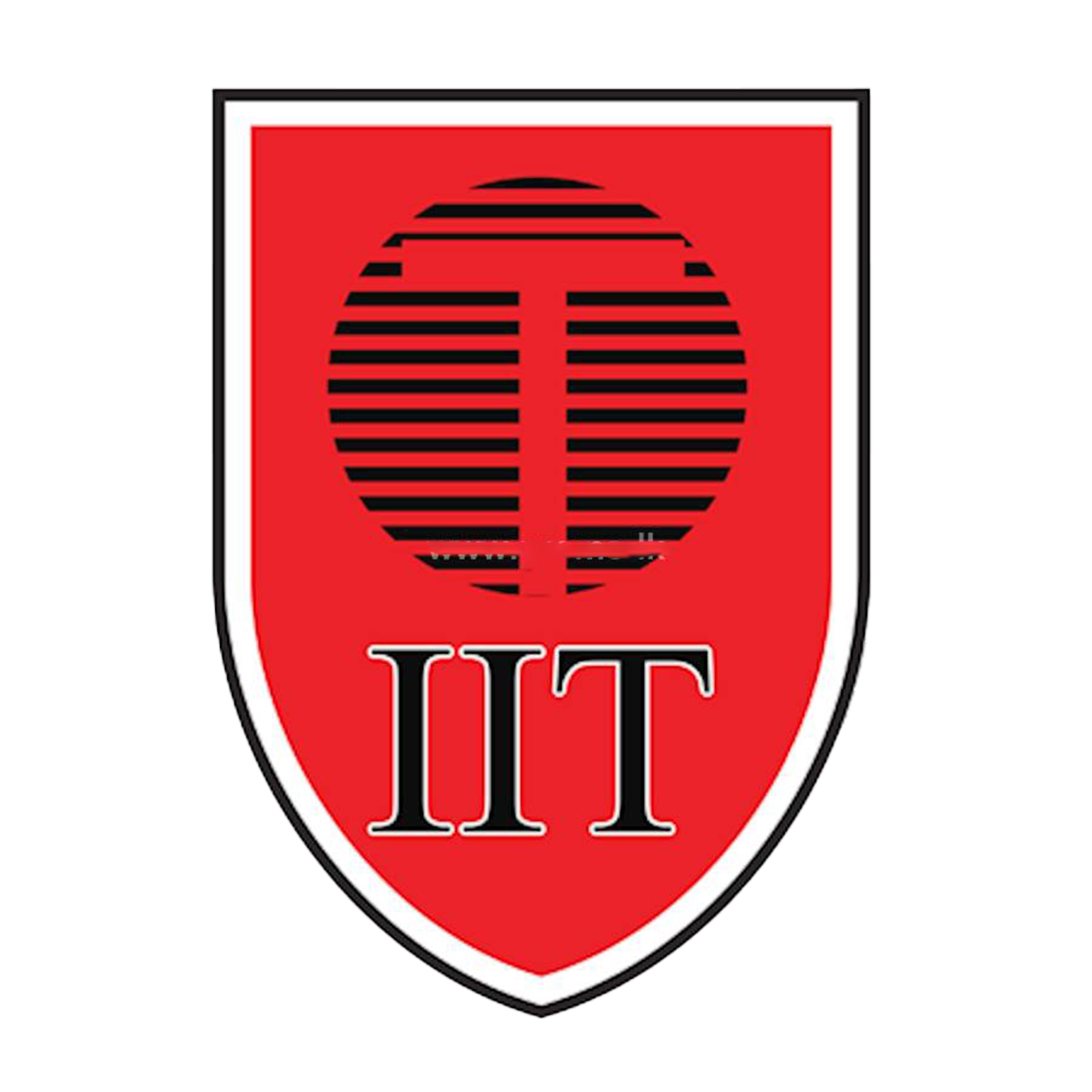
Professional Certificate in Linux Fundamentals
Requirements:
-
Description:
This comprehensive Linux Basic Operating Systems Administrator course is aligned with the Red Hat Certified Engineer (RHCE) and LPIC-1 certifications, making it ideal for individuals seeking industry-recognized credentials. But its value extends far beyond certifications.
Course Details
Course Outline
Module 1: Introduction to Linux (4 hours)
Session 1: What is Linux? History, Open Source Philosophy, Advantages & Disadvantages
Session 2: Popular Linux Distributions (Ubuntu, Debian, CentOS), Choosing the Right Distribution
Session 3: Basic Linux Environment, Graphical User Interface (GUI) vs. Command Line Interface (CLI)
Session 4: Introduction to Shell, Navigating the File System, Basic Shell Commands
Module 2: User Management and System Administration (6 hours)
Session 5: Adding, Removing, and Managing Users & Groups
Session 6: User and Group Permissions, File and Directory Access Control (ACLs)
Session 7: System Startup and Shutdown Procedures, Run Levels
Session 8: Package Management (apt, yum, dnf), Installing and Removing Software
Session 9: Introduction to System Configuration Files, Editing Text Files in Linux
Session 10: System Updates and Security Patches (Including automated updates)
Module 3: Shell Scripting Fundamentals (4 hours)
Session 11: Introduction to Shell Scripting, Basic Syntax and Script Structure
Session 12: Conditional Statements and Loops, Decision Making and Automation
Session 13: Variables and Functions, Organizing Your Scripts
Session 14: Reading User Input and Processing Arguments, Interactive Scripts
Module 4: Networking and Security (4 hours)
Session 15: Network Fundamentals, IP Addresses, Subnetting, and Network Devices
Session 16: Basic Network Configuration, Command-Line Tools for Network Diagnostics
Session 17: Firewalls and Network Security Concepts, Introduction to iptables
Session 18: Web and Database Installation and Configuration
a) Web Server Installation: Common web server options (Apache, Nginx), installation process, basic configuration.
b) Database Installation: Popular database options (MySQL, PostgreSQL), installation process, user management, basic connections.
c) Security Considerations: Securing the web server and database, user authentication, common vulnerabilities.
Module 5: System Management and Advanced Topics (6 hours)
Session 19: Introduction to Virtualization with Docker and Containers (optional)
Session 20: Backup and Recovery Strategies, Data Protection Best Practices
Session 21 (NEW): Job scheduling and Automation Tools for System Management:
a) Cron: Introduction to cron jobs, scheduling tasks with crontab, setting up recurring tasks.
b) Ansible: Basics of Ansible playbooks, automating system administration tasks with Ansible, managing multiple servers.
Session 22: Cloud Computing Fundamentals: Deploying Linux Systems in the Cloud (optional)
Session 23: Performance Monitoring and Resource Optimization, Troubleshooting Tools
Session 24: Course Review and Conclusion, Q&A Session
Learning Outcomes
ILO1: Introduction to Linux
ILO2: User Management and System Administration
ILO3: Shell Scripting Fundamentals
ILO4: Networking and Security
ILO5: System Management and Advanced Topics
For Whom
An undergraduate curious about engineering and its potential,
A professional considering a career switch or level-up within IT,
A school leaver exploring exciting career options,
A Robotics or Mechatronics engineer seeking a deeper understanding of systems,
Aspiring to become a DevOps engineer and need the crucial foundation,
A network administrator wanting to expand your skillset, or
A job seeker aiming for a career in technology or migrating to a new field
Method of Delivery
Lab Demonstrations Face to Face
Duration & Schedule
Duration & Schedule
03 Months: 48 Hours
Saturdays 9.00 am to 1.00 pm
Address : 57, Ramakrishna Road, Colombo 06, Sri Lanka.
Phone : 766760760
Email : info@iit.ac.lk
Website : https://www.iit.ac.lk
Available:
Informatics Institute of Technology
-
Stream: Vendors Certifications
-
Level: Professional Certifications